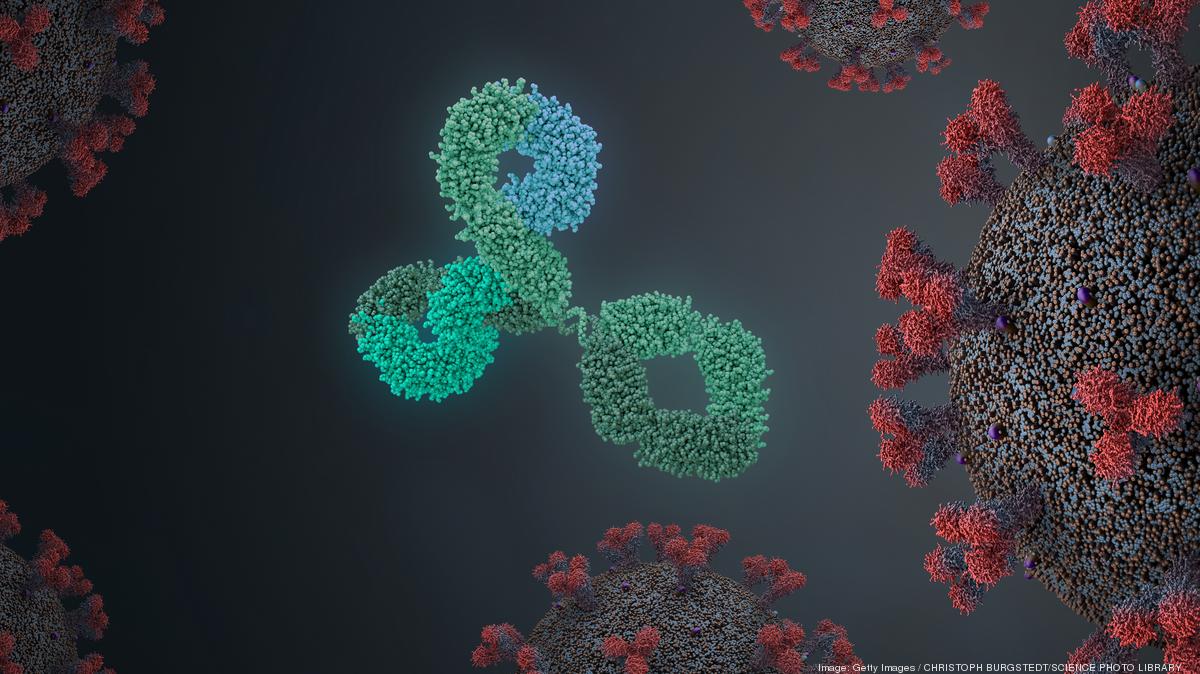Precision medicine has revolutionised the field of lung cancer treatment by enabling therapies to be tailored to the individual patient’s needs. However, physicians face numerous challenges in providing the optimal treatment regimen due to factors such as the tumor microenvironment, expected adverse events, acquired or inherent resistance mechanisms, the development of brain metastases, the limited availability of biomarkers, and the choice of combination therapy.
Immunotherapy: A Promising Approach
Immunotherapy, a promising approach in cancer treatment, harnesses the power of the immune system to identify and control diseases such as cancer. It is being studied in various types of cancer and has successfully treated skin, lung, kidney, and bladder cancers, among others.
Artificial Intelligence and Precision Immunotherapy
Artificial intelligence (AI) plays a crucial role in precision immunotherapy by predicting personalised responses to immunotherapy in lung cancer patients. Deep radiomics, a form of AI, can characterise and predict disease outcomes, ultimately serving to improve patient outcomes.
AI-Assisted Transcriptomic Analysis
AI-assisted transcriptomic analysis has significantly advanced the field of oncology research. By analysing transcriptome data obtained from single-cell RNA sequencing (scRNA-seq) technologies, researchers can better understand how anticancer agents impact the infiltration of immune cells. AI methods are essential in addressing challenges such as high noise levels, missing data, and batch effects in scRNA-seq experiments.
AI and Multi-Omics Data Integration
AI approaches, especially machine learning (ML), show extreme power in integrating multi-omics data to deliver actionable knowledge. For example, the DTL model integrated large-scale bulk and single-cell transcriptome data using a domain-adaptive neural network (DaNN) to predict the immunotherapy response and resistance of individual cells[2].
Ethical and Legal Issues
While AI holds immense potential in precision medicine, stakeholders should consider ethical and legal issues. These include setting up ethical standards for using AI, ensuring safety features are built in, and deciding on rules and regulations to ensure the responsible use of AI in healthcare.
What are the benefits of tailoring immunotherapy treatment to individual patients ?
Precision immunotherapy is a promising approach to cancer treatment that involves tailoring treatment to individual patients based on their unique genetic makeup, tumor characteristics, and immune system profile. By identifying patient-specific mutations, neoantigens, and biomarkers, precision immunotherapy aims to broaden the responder patient population and improve treatment outcomes.
One of the key benefits of precision immunotherapy is its potential to broaden the responder patient population. Traditional cancer treatments often have limited efficacy, with only a subset of patients responding to therapy. By identifying patient-specific mutations and neoantigens, precision immunotherapy can target cancer cells more precisely, increasing the likelihood of a positive response.
Precision immunotherapy is also facilitated by advances in genomics and proteomics, which enable the identification of patient-specific mutations, neoantigens, and biomarkers. These technologies can be used to create personalised cancer treatments, such as nanoparticle vaccines customised with neoantigens, cell therapies based on patient-derived dendritic cells and T cells, and combinations of theranostic strategies.
However, precision immunotherapy is not without its challenges. Developing and implementing personalised cancer treatments requires significant resources and infrastructure, including the cost of biopsies, DNA and RNA sequencing, bioinformatics pipelines, image-guided diagnostics, and the cGMP-manufacturing of patient-specific biologics, cells, and drug delivery carriers. Additionally, highly skilled medical personnel are needed to administer patient-tailored dosing and procedures.
Despite these challenges, precision immunotherapy holds great promise for improving cancer treatment outcomes. By leveraging engineering approaches, including the design of biomaterials, delivery strategies, and nanotechnology solutions, precision immunotherapy can realise individualised cancer treatments that are tailored to each patient’s unique needs.
Conclusion :
In conclusion, precision immunotherapy stands at the forefront of cancer treatment, offering a tailored approach that capitalizes on individual patient characteristics. By leveraging advancements in genomics, proteomics, and artificial intelligence, precision immunotherapy holds the promise of broadening the responder patient population and improving treatment outcomes. The ability to identify patient-specific mutations, neoantigens, and biomarkers allows for targeted interventions that maximize efficacy while minimizing adverse effects. Despite the challenges posed by resource-intensive processes and infrastructure requirements, the potential benefits of precision immunotherapy are undeniable. Through continued research, innovation, and collaboration, we can overcome these obstacles and realize the full potential of personalized cancer treatments. Ethical considerations surrounding the use of artificial intelligence in healthcare must be carefully addressed to ensure the responsible and equitable implementation of precision immunotherapy. As we navigate the evolving landscape of oncology, precision immunotherapy offers hope for a future where cancer treatment is tailored to the unique needs of each individual patient, ultimately transforming the way we approach and manage this complex disease.
Citations:
[1] https://jitc.bmj.com/content/12/3/e007841
[2] https://www.ncbi.nlm.nih.gov/pmc/articles/PMC9968102/
[4] https://www.nature.com/articles/s41698-023-00473-x
[5] https://www.linkedin.com/pulse/precision-medicine-without-artificial-intelligence-mesk%C3%B3-md-phd
[6] https://www.ncbi.nlm.nih.gov/pmc/articles/PMC5704164/
[7] https://www.sciencedirect.com/science/article/pii/S2059702920300843
[8] https://jitc.bmj.com/content/5/1/16




